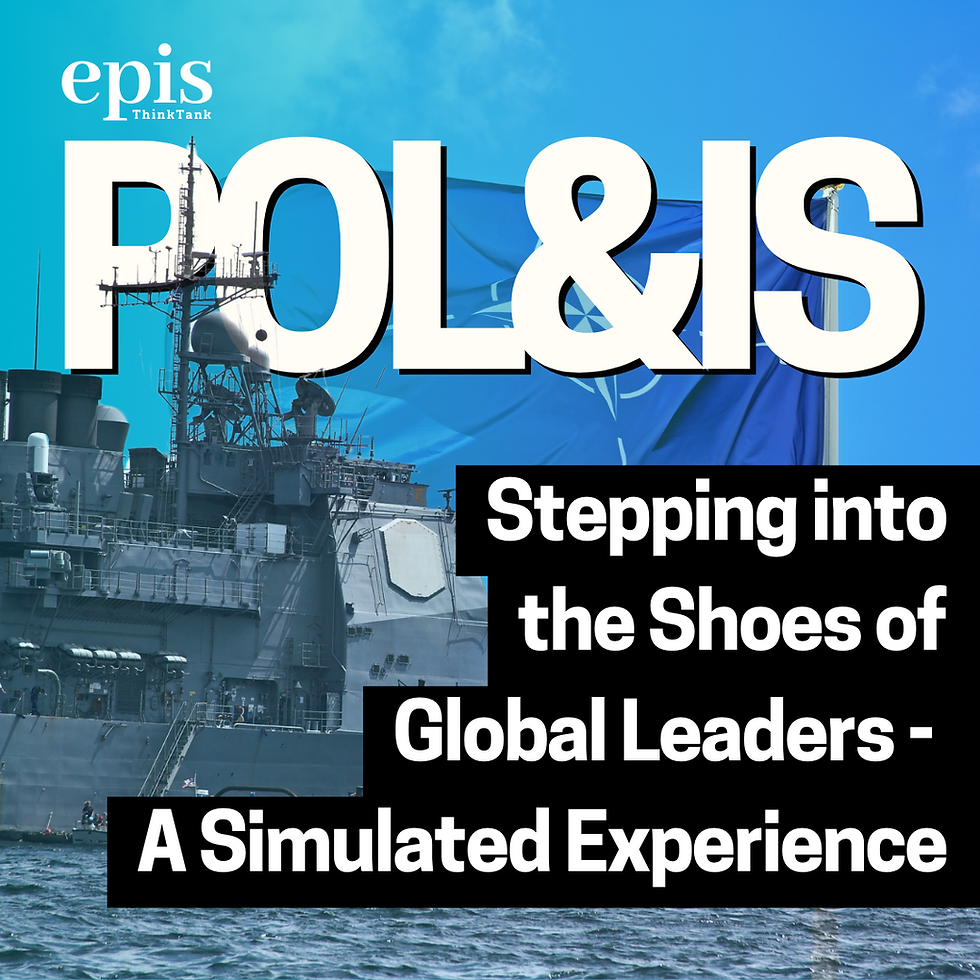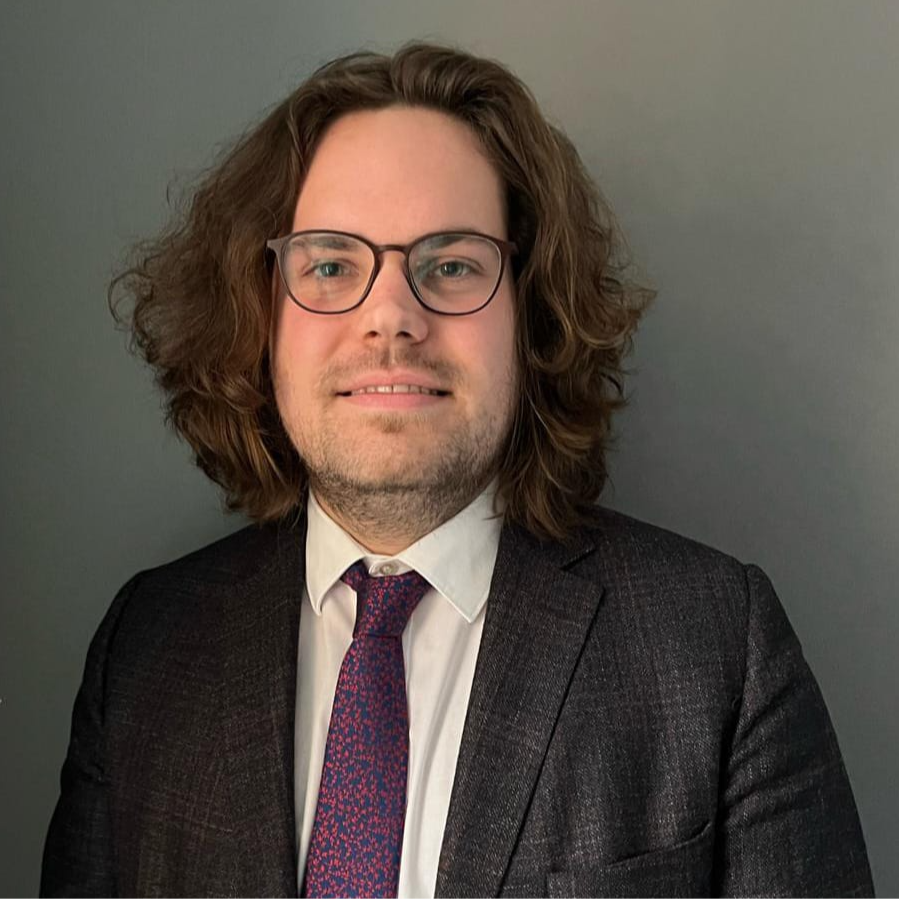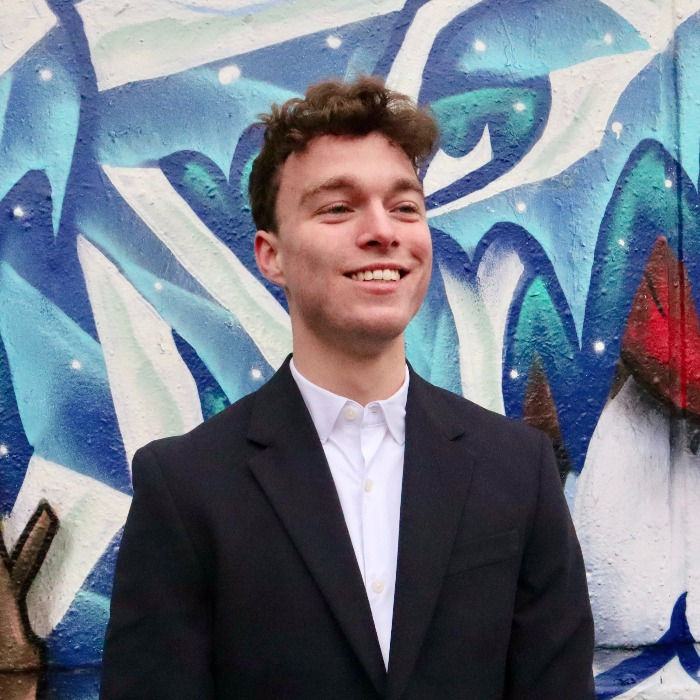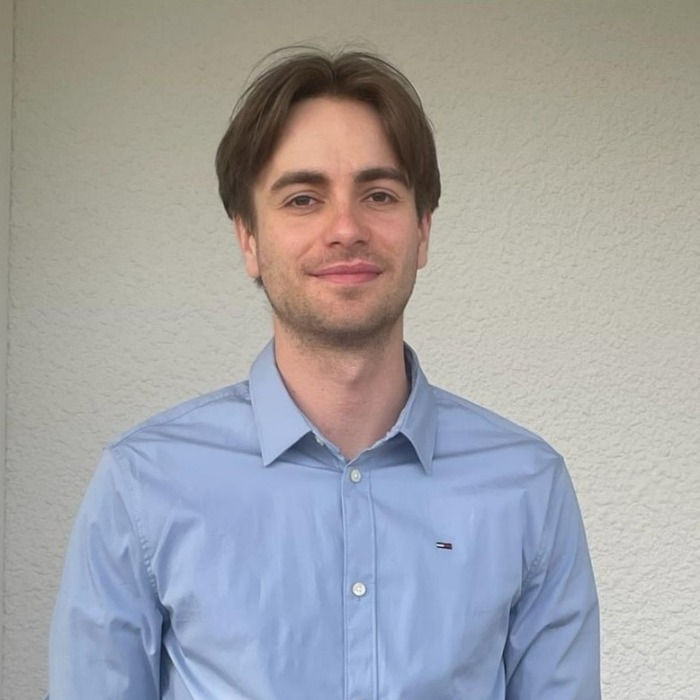
Ever dreamed of stepping into the shoes of a country's Prime Minister, Minister of Economy, or Foreign Minister, and standing up for its interests at the UN General Assembly? Well, thanks to POL&IS (Politics & International Security), that dream has become a reality. From April 19th to 21st, Felix Heuner, Leonard Storch, and Benjamin Spindeldreier took on the roles of these high-ranking officials, representing the EPIS ThinkTank at a simulated game hosted by the Young Transatlantic Initiative in partnership with the Youth Officers of the Bundeswehr. With a diverse group of 35 participants, the goal was to replicate, in a simplified format, the intricate web of global politics, economics, and military affairs. Teams were assigned to various regions, with eight regions in total: Europe, USA, Arabia, Africa, Russia, India, China, and Japan. Each participant assumed a specific role within their region - whether as Minister of Economy, State Minister, or Prime Minister. Throughout the simulation, these roles came with distinct responsibilities, such as responding to geopolitical threats or crafting economic policies. For instance, Felix Heuner took charge as the United States' Minister of Economy, Leonard Storch led as Russia's Prime Minister, and Benjamin Spindeldreier served as Europe's State Minister.
But it wasn't just about regional dynamics. Other roles were vital too, like the UN Secretary-General, acting as a mediator, or the NGO representative, raising awareness about global environmental issues. The World Bank provided financial aid, while the World Press kept everyone informed about global developments.
The simulation unfolded in rounds, but despite three full days, we only managed 2 ½ rounds, illustrating the game's complexity. Each region faced unique challenges per round, conveyed by the game leaders (the Youth Officers of the Bundeswehr). The economic and environmental systems added layers of complexity, requiring regions to balance their budgets and ecological footprints. Negotiating security and trade agreements with other regions became imperative amidst these challenges.
The simulation was quite an experience, offering a good deal of freedom for everyone involved. We had our own version of the Olympic Games, faced a coup attempt in one region that led to an impromptu election, tried our hand at espionage by sending spies disguised as diplomats to other countries, and even dealt with the aftermath of a disaster that brought the UN Security Council into session. And let's not forget the Russian group stirring up trouble with an invasion in Central Asia.
Overall, the simulation was a resounding success. Firstly, all participants gained an initial playful insight into international politics. Secondly, participants got to know each other through the simulation, and we from EPIS were able to build strong relationships with the Young Transatlantic Initiative during evening bar visits with profound discussions.
We would like to express our gratitude to Captain Jan Czarnitzki and Captain Mike Siebert for their excellent leadership, who brilliantly organized the weekend. Additionally, we would like to thank the Young Transatlantic Initiative for inviting us to the simulation, and we hope to continue collaborating on future events.

Benjamin Spindeldreier is a bachelor's student of Political and Social Studies. He is interested in East Asia and transatlantic relations. He recently spent a year abroad in South Korea from 2022 to 2023 and is now active in the German-Korean-Youth Network. He is currently completing an internship at the German Atlantic Society.

Felix Heuner is a bachelor's student of European Studies at Maastricht University. He has always been interested in international security, and through his bachelor's degree, he was able to focus more on the European / EU side of security cooperation. In 2023, Felix did an exchange semester at Yonsei University in Korea, where he had the opportunity to dive deeper into Cybersecurity and the east-Asian security field. Aside from his studies, Felix is active in the Erasmus Student Network, where he was a board member from 2022-2023.

Leonard Storch is currently pursuing a bachelor’s degree in political and social science in Würzburg. While studying in Norway he put his focus on analyzing the European Union as an international actor as well as on its inner struggle against Euroscepticism.

Comments